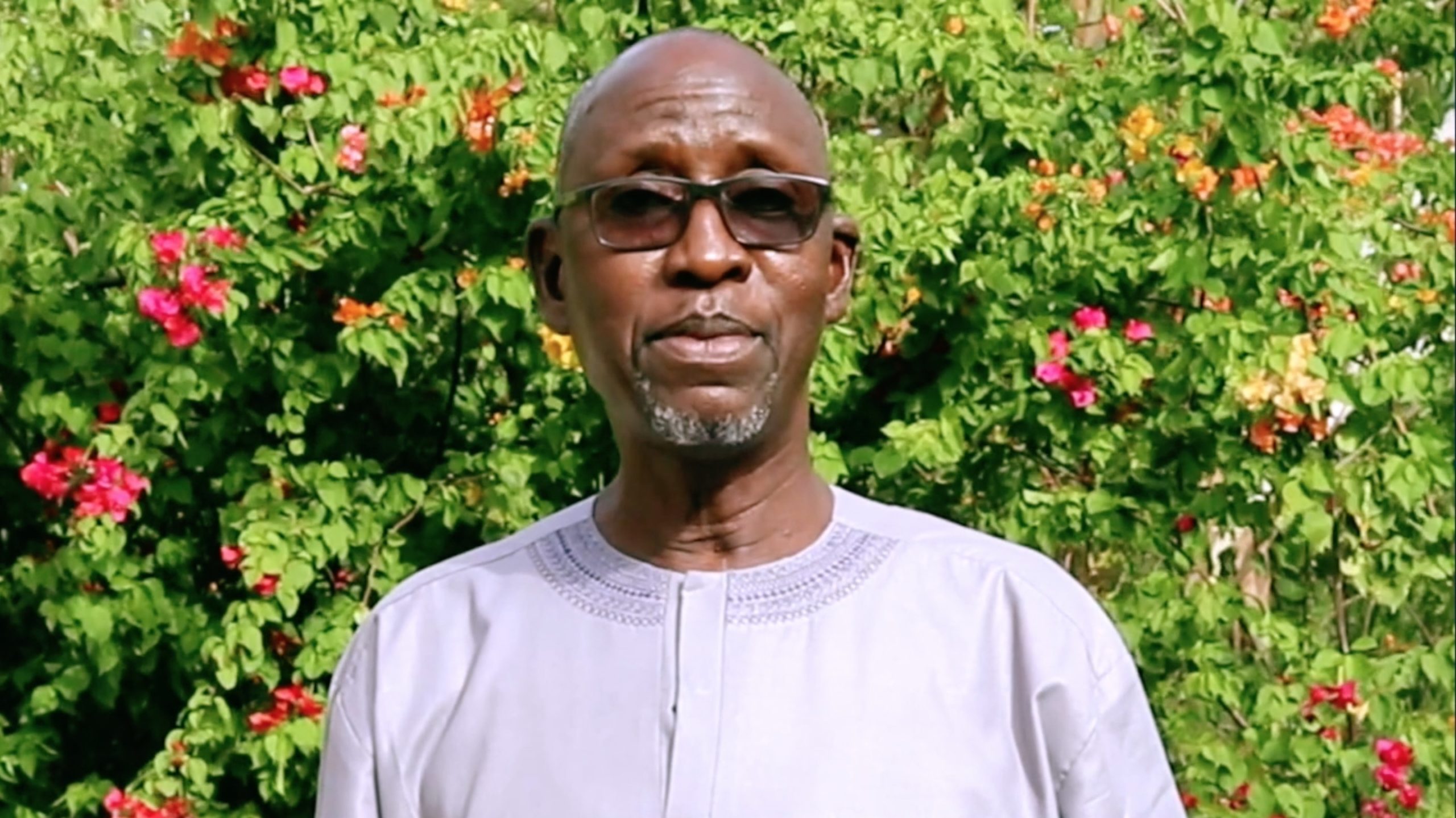As the 2022 United Nations Ocean Conference starts in a few days, artisanal fishers organizations from Asia, Africa, the Pacific, Europe, and South and Central America have joined together to make their voices heard. Together, we call on governments to give small-scale fisheries their rightful place at the center of public policies for exploiting and conserving the oceans
First published on 06/25/2022, and last updated on 06/18/2025
By Gaoussou Gueye
President, African Confederation of Artisanal Fisheries Organisations (CAOPA)
(Adapted from a talk delivered by the writer at a recent ICCA Consortium webinar titled a journey through coastal and marine territories of life held on June 21, 2022.)
Artisanal fishers are the world’s most significant ocean users. Millions of men, women, and youth make their living from small-scale fishing. Every day, despite incredible difficulties, their work allows hundreds of millions of people to be fed. And this even occurred during the Covid crisis!
In this International Year of Artisanal Fisheries and Aquaculture, to give a dignified and sustainable future to the men and women of our communities, we call on governments to focus on Sustainable Development Goal 14. b, to ensure access to resources and markets for artisanal fisheries.
As the United Nations meets in a few days for the Ocean Conference, artisanal fishers organizations from Asia, Africa, the Pacific, Europe, and South and Central America have joined together to make their voices heard. Together, we call on governments to give small-scale fisheries their rightful place at the center of public policies for exploiting and conserving the oceans.
We have agreed on five priorities, which I will have the pleasure of presenting to my colleagues.
First, to guarantee our fishers’ access to resources, we must have exclusive and protected access rights to the coastal zone. To ensure sustainable management that benefits the communities, we demand that 100% of these coastal areas be put under co-management.
For co-management to work, there are several conditions.
First of all, these areas must be closed to industrial fishing. In many African countries, our fishers have to face industrial fishing boats at sea of Asian, Russian, or European origin, which compete for the same fish in the same areas. Often, the beneficiaries of these countries hide behind the flag of an African coastal state. This is not illegal fishing. Most of the time these boats have a license from our governments, and they use it to destroy our resources and livelihoods while our authorities turn a blind eye.
Secondly, our governments must ensure that they will not decide on any new ocean use or activity, including establishing Marine Protected Areas (MPAs), without our free, prior, and informed consent. We do not want marine protected areas to be decreed without consultation that prevent fishing communities from continuing their traditional activities overnight. I know of many cases in countries like Madagascar, Senegal, Kenya, and Côte d’Ivoire where communities are contributing to protecting coastal ecosystems to set an example of what should be done.
Finally, for co-management to be effective, specific legal frameworks clearly defining the roles and responsibilities of authorities and fishers must be put in place, and appropriate support must be provided to anglers to take their share of responsibilities. This is the case for various elements of co-management, such as participatory surveillance. It is good to provide fishers with cameras and geo-location devices to document the presence of vessels engaged in Illegal, Unreported, and Unregulated (IUU) fishing and alert the authorities. Still, they must be assured that the authorities will react swiftly and take dissuasive sanctions. Otherwise, they are putting themselves in danger at sea for nothing.
Another element of co-management is the establishment of closed seasons, like in Ghana. If fishing is closed for a month, accompanying measures must be implemented to enable fishing families to survive.
Good governance of ocean exploitation activities – anchored in stakeholder participation, transparent decision-making processes, and accountability to citizens – is the essential foundation for the reforms needed to ensure sustainable fisheries for the benefit of coastal communities.
But if good governance is essential for fisheries, it is also true for other ocean exploitation activities, such as oil and gas exploitation, mineral extraction, and coastal tourism. We make no secret of the fact that we are concerned today about the marginalization of fisheries, and small-scale fisheries, within the blue economy strategies of our countries.
We cannot survive if we compete with powerful, polluting, and environmentally destructive sectors in the marine and coastal environment. In the face of this threat, we call on governments to adopt a precautionary approach. Do not give the green light to a destructive blue economy!
We call on governments to develop independent social and environmental impact assessments with the utmost transparency and participation of affected coastal communities. We also call for consultation mechanisms to be implemented to allow for informed and active participation of communities and for mechanisms to resolve conflicts between users of maritime spaces.
Finally, all too often we see that communities affected by oil and gas projects, for example, never get redressed for the harm done. This must change, and governments must put in place judicial and administrative mechanisms for redress from the outset.
